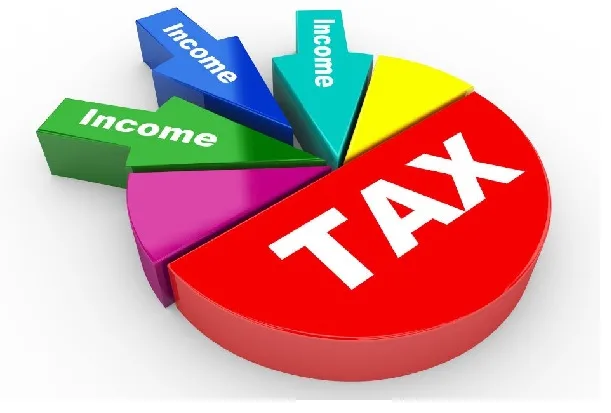FG to Cut Corporate Income Tax Rate
The Nigerian federal government is set to reduce the corporate income tax rate within the next two years, as part of efforts to improve the business environment and attract foreign investment.
This was revealed by Mr. Taiwo Oyedele, Chairman of the Presidential Committee on Fiscal Policy and Tax Reforms, at the Access Corporate Forum 2024 in Lagos, organised by Access Holdings Plc.
Join our WhatsApp ChannelOyedele emphasised the government’s commitment to easing the tax burden on businesses. “As the Honourable Minister has said, we are working on reducing the corporate income tax rate from where it is now to a much lower rate in the next one to two years,” he stated during his presentation.
Current Corporate Income Tax Rates in Nigeria
Under the current tax system, companies in Nigeria pay corporate income tax based on their annual turnover. Large companies with a turnover exceeding N100 million are taxed at 30%, medium-sized businesses with a turnover between N25 million and N100 million pay 20%, while small businesses with a turnover below N25 million are exempt from corporate income tax.
This multi-tiered tax structure is part of the government’s strategy to support small businesses while ensuring larger corporations contribute significantly to the economy. However, there are plans to review this structure to make Nigeria more appealing to foreign investors.
“The federal government is keen on creating a more attractive environment for investors, which includes lowering corporate income tax rates,” Oyedele added.
Why the Proposed Reduction Matters
The reduction of the corporate income tax rate could lead to a significant boost in foreign direct investment (FDI), a goal the government is actively pursuing. By lowering taxes, Nigeria could position itself as a more competitive market in Africa, drawing in investors who might otherwise look to other countries with lower tax regimes.
“Reducing the corporate income tax rate will not only help businesses grow but also create more jobs and contribute to the overall economic growth of the country,” Oyedele noted.
In addition to the corporate income tax reduction, Oyedele highlighted other fiscal reforms designed to benefit businesses and the economy as a whole.
New VAT Regime and Its Implications
As part of the government’s broader tax reform efforts, there are also plans to revise the Value Added Tax (VAT) regime. The government intends to remove taxes on essential items such as food, education, and transportation. Oyedele mentioned that this move is aimed at reducing the cost of living and encouraging local production.
“By eliminating VAT on basic items, we hope to relieve the burden on everyday Nigerians and reduce inflation. This will also allow businesses to recover VAT credits on their assets and services, ultimately lowering costs for businesses,” Oyedele explained.
READ ALSO: Google, Netflix, Facebook Pay N2.55trn Taxes To Nigeria In 6 Months- Report
Rising CIT Collection and Its Impact on Businesses
According to the National Bureau of Statistics (NBS), Nigeria’s corporate income tax (CIT) collection surged by 150.83% in the second quarter of 2024, reaching N2.47 trillion. This sharp rise was driven in part by a significant 87.24% increase in foreign CIT payments, which amounted to N1.11 trillion.
The surge in foreign CIT is largely attributed to the foreign exchange unification policy implemented earlier this year. This policy saw the Naira lose over 100% of its value, benefiting foreign businesses but making it more difficult for local companies to operate.
“The corporate income tax rate reduction will help level the playing field for local businesses that have struggled under the new FX regime,” Oyedele remarked.
In the post-unification period, foreign company income tax payments jumped by 140.5%, rising from N1.42 trillion to N3.41 trillion. In contrast, local businesses only saw a 35.1% increase in CIT payments, underscoring the challenges faced by domestic companies under current economic conditions.
What to Expect Next
With the federal government committed to reducing the corporate income tax rate and revising other tax policies, businesses in Nigeria could see relief in the near future. The tax reforms aim to not only attract investment but also create a more favourable business environment that supports local companies.
Oyedele concluded, “Our focus is on increasing tax collection efficiency while reducing the burden on businesses, making Nigeria a better place for both local and international investors.”
Emmanuel Ochayi is a journalist. He is a graduate of the University of Lagos, School of first choice and the nations pride. Emmanuel is keen on exploring writing angles in different areas, including Business, climate change, politics, Education, and others.


















Follow Us